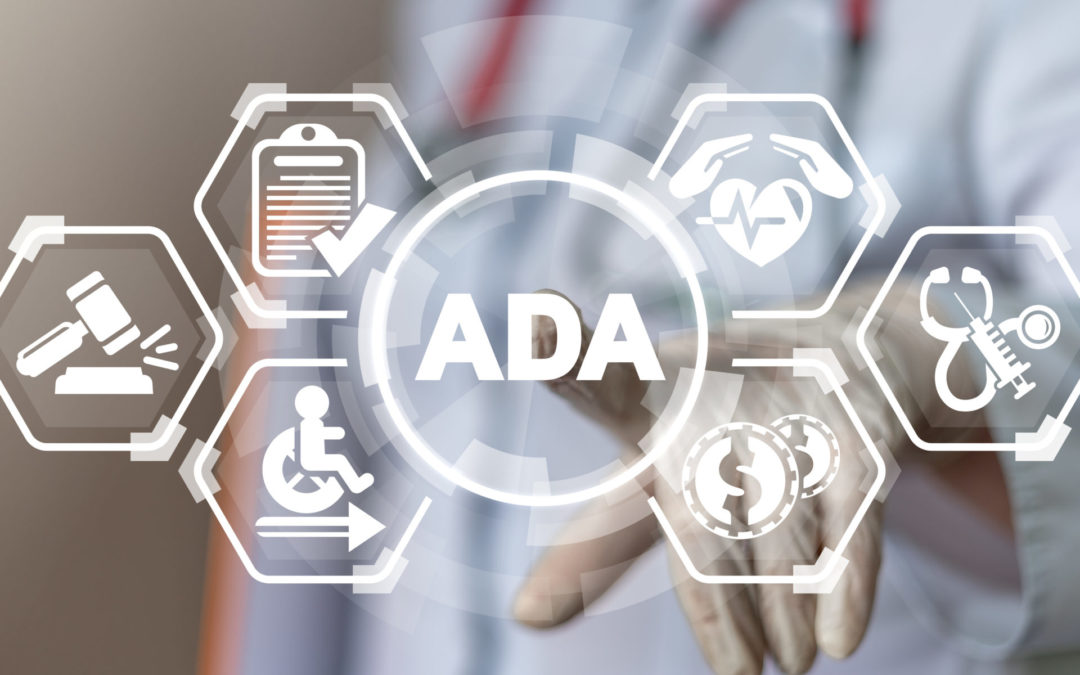FOR IMMEDIATE RELEASE:
August 16, 2022
CONTACTS:
Christopher R. Vasquez, National Center for Lesbian Rights, 415-365-1337, cvasquez@nclrights.org
First-of-its-kind Appeals Court ruling says transgender people cannot be excluded from the Americans with Disabilities Act (ADA) in public institutions—including carceral settings
RICHMOND, VA — The U.S. Court of Appeals for the Fourth Circuit today affirmed that transgender people who experience gender dysphoria are protected under the Americans with Disabilities Act and the Rehabilitation Act. The ruling reverses a Virginia district court’s dismissal of claims brought by Kesha Williams, a transgender woman who was incarcerated in a men’s detention facility, denied access to medical treatment for her gender dysphoria, and faced persistent harassment by other inmates and prison deputies.
Multiple district courts have previously found that transgender people cannot be excluded from the protections of the Americans with Disabilities Act (ADA). Today’s decision is the first such ruling from a U.S. Court of Appeals.
A friend-of-the-court brief co-authored by GLBTQ Legal Advocates & Defenders and the National Center for Lesbian Rights presented scientific research and established case law to argue that the ADA prohibits discrimination based on gender dysphoria and requires that the treatment of people with disabilities must be based on “reasoned and medically sound judgments.” The brief argued that public institutions—including prisons—must provide equal access and make reasonable accommodations when entrenched policies and practices discriminate against a person because of their gender dysphoria.
The brief was joined by the American Civil Liberties Union, Black and Pink Massachusetts, Lambda Legal, National Center for Transgender Equality, National LGBTQ Task Force, Trans People of Color Coalition, Transcending Barriers, Transgender Legal Defense and Education Fund, disAbility Law Center of Virginia, and Disability Rights Vermont
“This is a thorough, well-reasoned opinion recognizing that the Americans with Disabilities Act prohibits discrimination against individuals with gender dysphoria. This decision sets a powerful precedent that will be important for other courts considering this critical issue.”
Shannon Minter (he/him), NCLR Legal Director
“This is a huge win. There is no principled reason to exclude transgender people from our federal civil rights laws,” said Jennifer Levi, GLAD Transgender Rights Project Director. “It’s incredibly significant for a federal appeals court to affirm that the protections in our federal disability rights laws extend to transgender people. It would turn disability law upside down to exclude someone from its protection because of having a stigmatized medical condition. This opinion goes a long way toward removing social and cultural barriers that keep people with treatable, but misunderstood, medical conditions from being able to thrive.”
“The effort to exclude transgender people from their rightful protections under the ADA was always baseless and discriminatory,” said Joshua Block, Staff Attorney at the American Civil Liberties Union’s LGBTQ & HIV Project, “and we’re thankful the Fourth Circuit affirmed that reality today. Transgender people are denied a multitude of reasonable rights and accommodations, particularly while incarcerated, and today’s ruling is a step forward for their fairness and equality.”
“We are very pleased with the outcome in the 4th Circuit decision,” commented Colleen Miller, Executive Director of the disAbility Law Center of Virginia, which also submitted a separate friend-of-the-court brief, “and especially pleased that we were able to assist the Court through our amicus brief.”
# # #
The National Center for Lesbian Rights (NCLR) is a national legal organization committed to advancing the human and civil rights of the lesbian, gay, bisexual, transgender, and queer community through litigation, public policy advocacy, and public education. Since its founding 45 years ago, NCLR has maintained a longstanding commitment to racial and economic justice and the most underrepresented in the LGBTQ community. www.nclrights.org










